Venerable Italian vineyard is a case study in the use of biologicals
By Syngenta Group News Service
October 2022
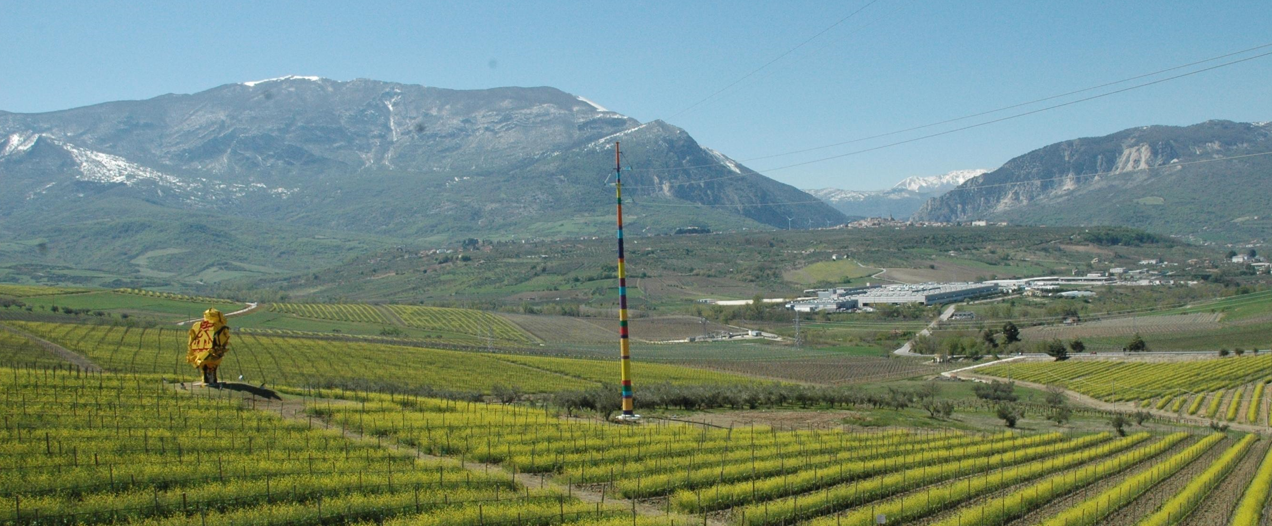
The Zaccagnini family has been growing grapes for many generations in the Pescara region of central Italy.
But it wasn’t until 1978 that Marcello Zaccagnini decided the family should fully benefit from the fruits of its labor by making its own wines. In the four-and-a-half decades since, Zaccagnini Vignaiolo d’Abruzzo has grown into a major producer of globally acclaimed wines — 6 million bottles a year, 85 percent of which are exported.
And because the Zaccagninis have a longstanding respect for the land that is their legacy, they have made regenerative agriculture — supported by biologically derived crop-nurturing and -protecting products — the guiding philosophy for the 300 hectares of earth they tend.
That’s why their partnership with Syngenta Biologicals and its Valagro business is so crucial.
Syngenta is a leading proponent of the sustainable farming principles and practices known as regenerative agriculture. And Syngenta, which acquired Valagro in 2020, is also now the global leader in biologicals – crop stimulants and protectants that are derived from natural processes.
Biologicals are an increasingly important component of regenerative agriculture. And they are expected to become ever more in demand in response to climate change. That’s why Syngenta forecasts that the global market for biologicals will reach $10 billion a year by 2030.
“High quality wine is born in the vineyard, grows in the cellar, and becomes noble by bottle aging,’’ said Concezio Marulli, the enologist at Zaccagnini Vignaiolo d’Abruzzo. “Sustainable practices are at the center of all we do. And with climate change, our demand for biologicals and stimulants will only become more important in the future. Valagro is our partner of choice for these products.”
The Zaccagnini operation — which now includes a wine showroom and an indoor and outdoor art collection renowned throughout Europe — has long relied on many of the practices of regenerative agriculture. That includes minimal soil disturbance and keeping the earth under cultivation year-round. But in recent times, those techniques and methods have also included the types of science- and technology-based products and practices in which Syngenta Biologicals and Valagro specialize.
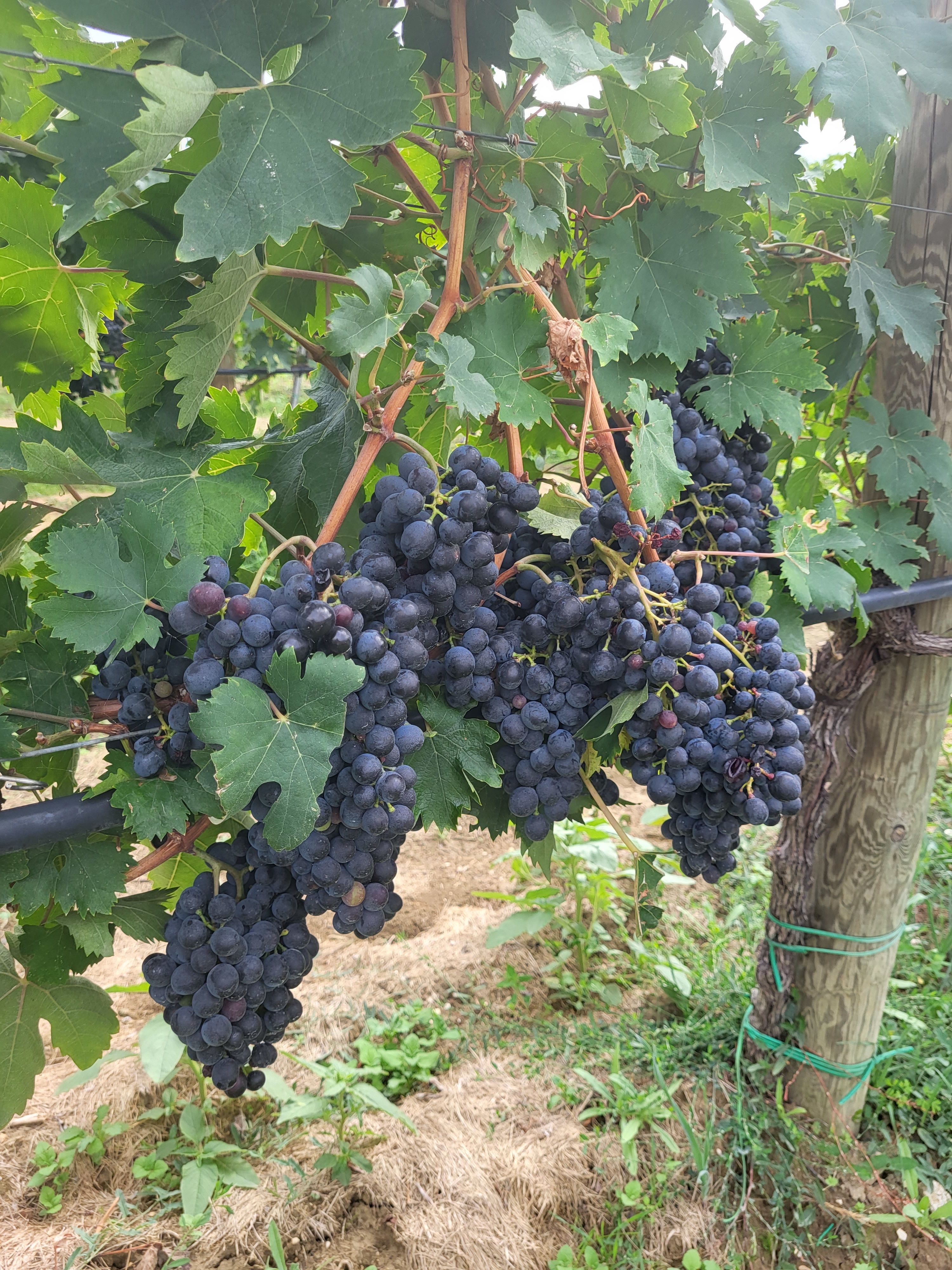
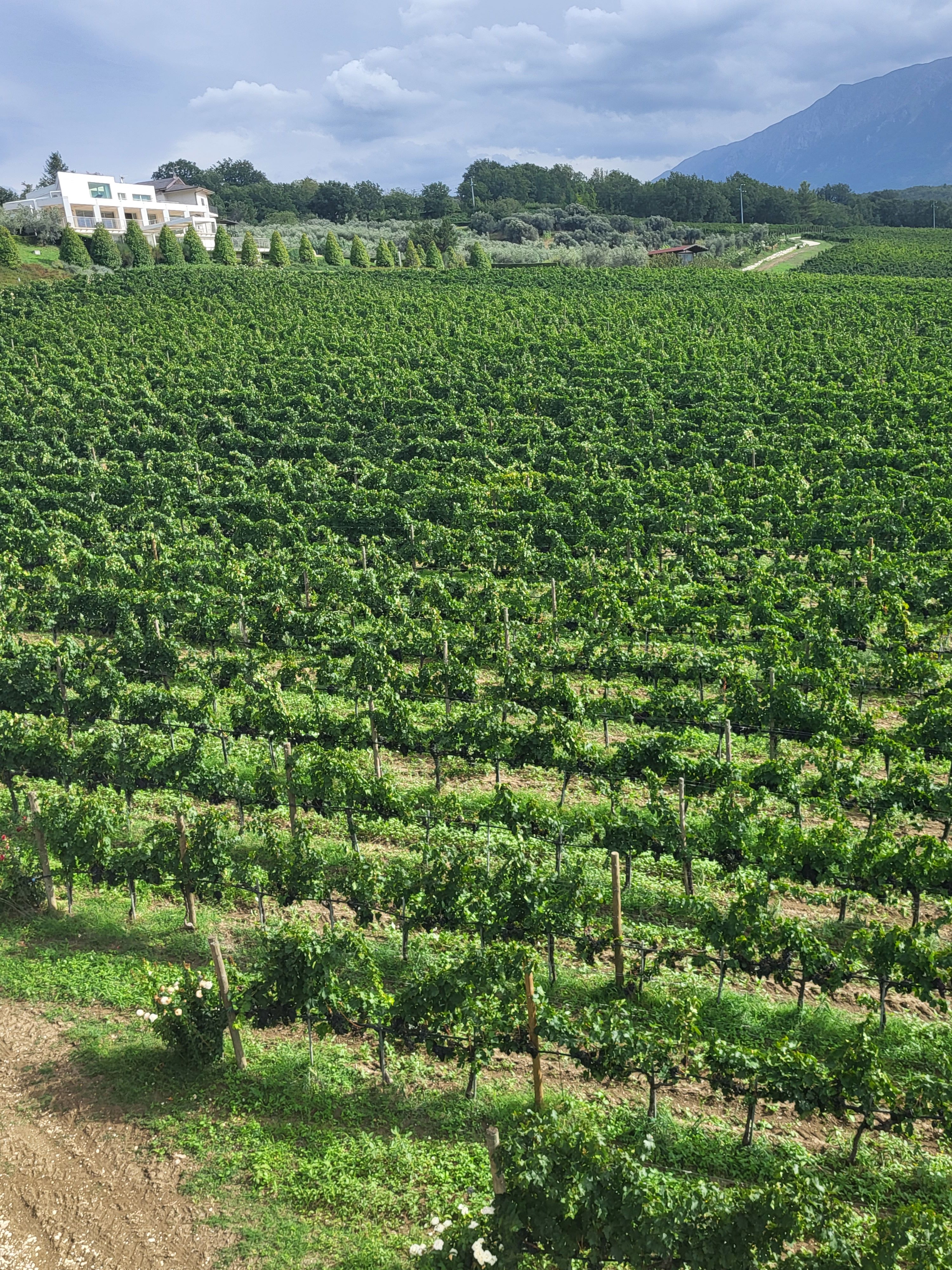
Enlisting nature on behalf of plants
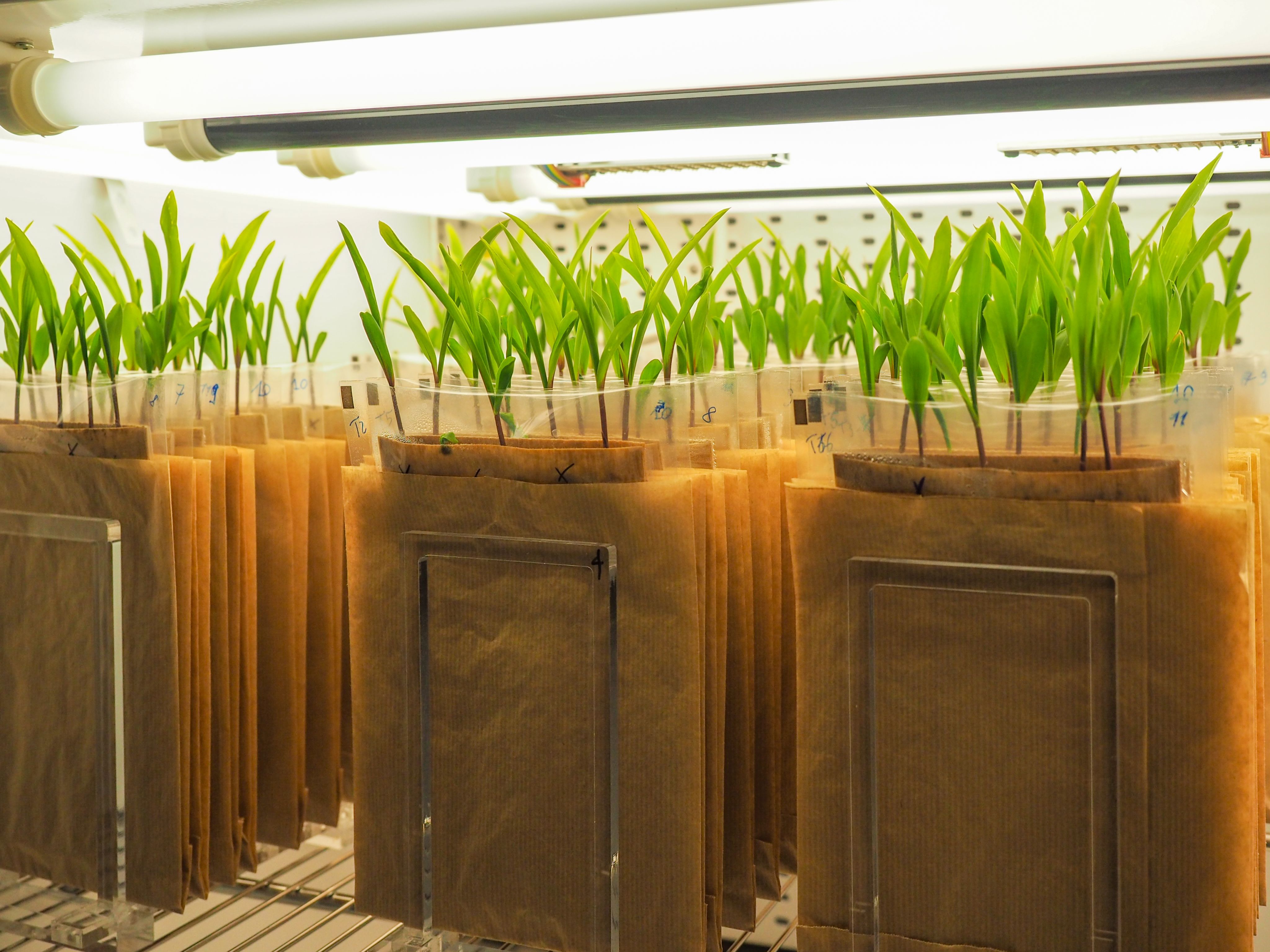
Biologicals are products derived from nature that protect and strengthen plants. There are two key categories: biocontrols and biostimulants.
Biocontrols are based on naturally occurring materials that are used for controlling diseases, pests and weeds.
Biostimulants are substances that boost the natural processes of plants, benefiting the efficient use of nutrients or water.
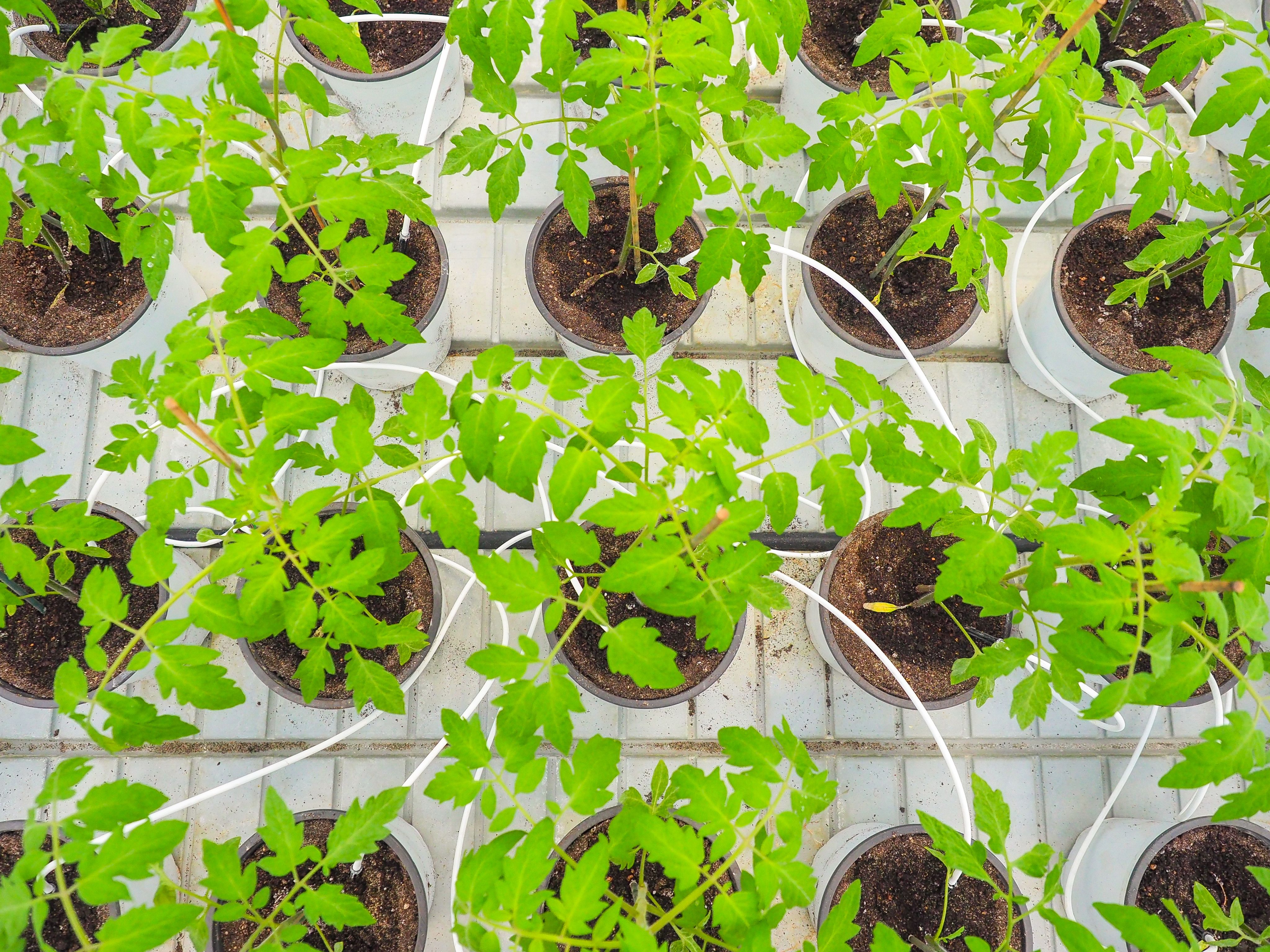
In the Zaccagninis’ case, the use of biologicals includes products meant to ensure strong healthy grapevines—plants that can not only harness their own resources to withstand pests and pathogens but cope with the mounting pressures of climate change. The challenges include weather extremes previously unknown in central Italy, along with migrating and evolving types of pests and diseases that climate change have brought.
“Backed by our best-in-class internal R&D and strengthened by external partnerships, we offer growers an innovative and effective biologicals portfolio focused on their needs,” said Camilla Corsi, Head of Research at Syngenta Crop Protection.
To the extent the challenges can be met purely with biologically derived products, the Zaccagninis deploy them. But as they and commercial farmers worldwide understand, to reduce damage and increase yields, it is sometimes necessary to also make precise use of chemicals. That’s a point that Corey Huck, Global Head of Biologicals for Syngenta, underscored in a recent presentation at the Zaccagnini estate.
“We don't see a future where it's all synthetic crop protection, or it's all biologicals,’’ Huck told an audience of nearly two-dozen journalists from across the world. “We see a third way — where it's actually a combination of biologicals and synthetics in a complementary way.”
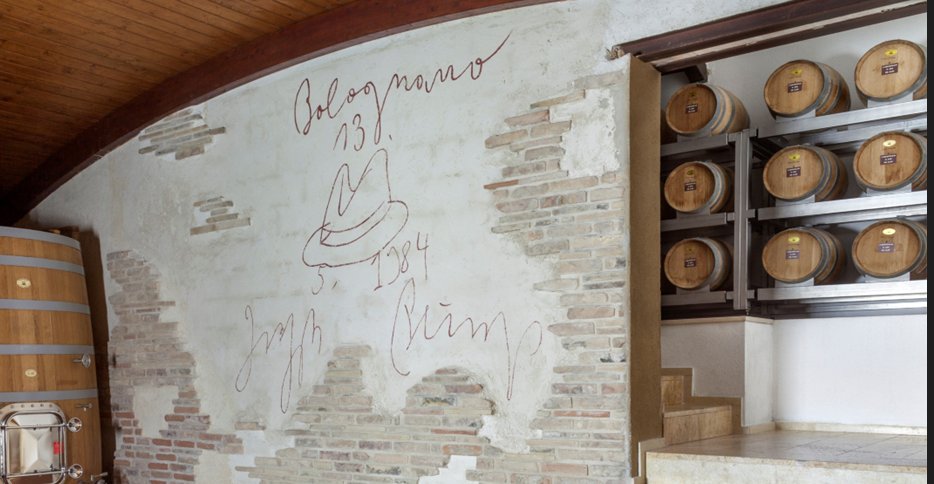
‘The rigorous application of science’
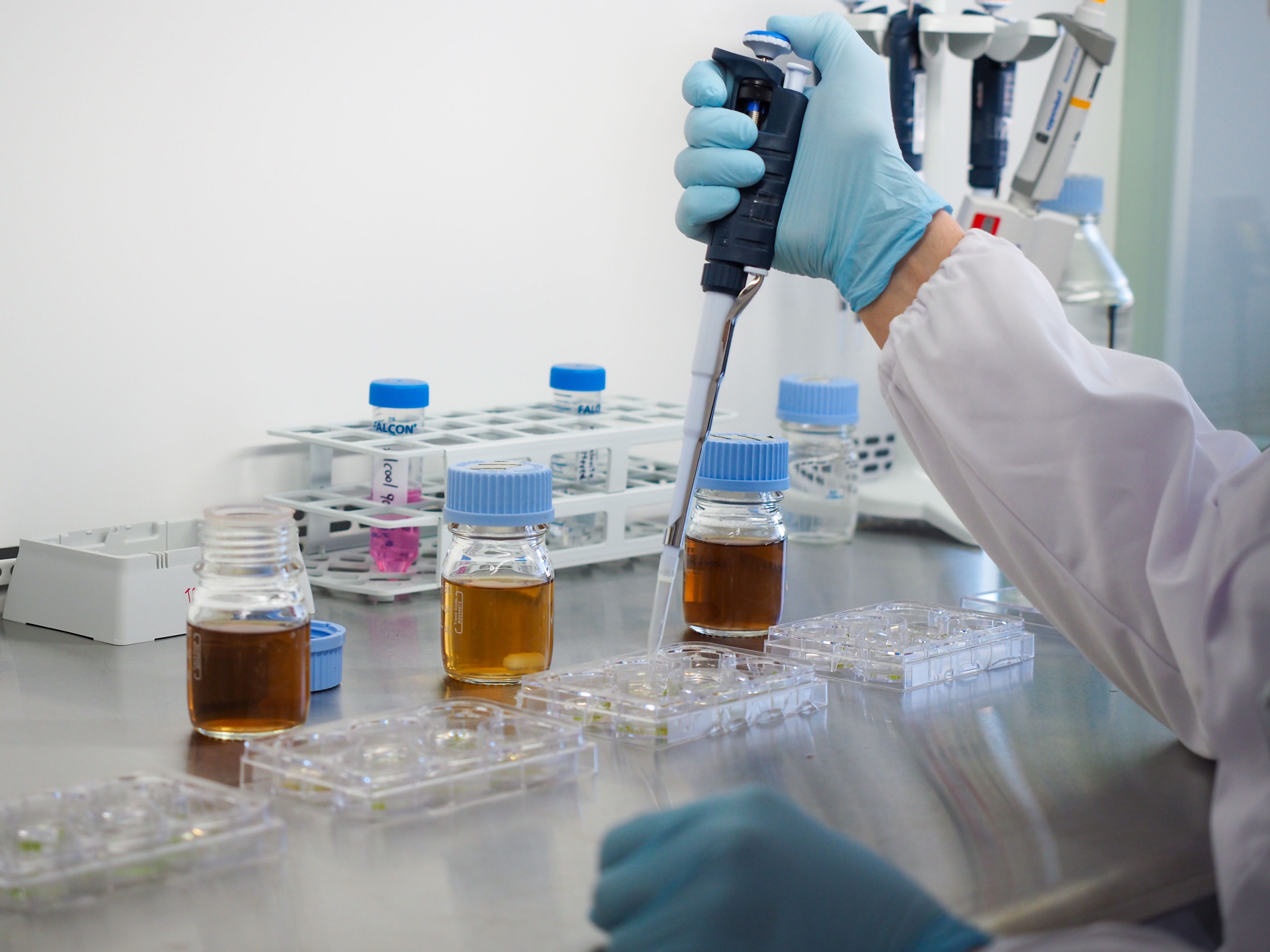
The Valagro products used on the Zaccagnini estate include Kendal, which is formulated to help plants remain vigorous under hostile growing conditions by promoting antioxidant functions within the plant cells. Another is Vitasève, a biostimulant that promotes production of new wood and optimizes sap circulation in the vines. A third is Mc Cream, which contains a high concentration of active naturally derived ingredients, including betaines and amino acids, that stimulate plant growth by increasing metabolic activity and photosynthesis.
Supporting this activity, along with the use of other Valagro products, is careful and continual soil analysis. The estate also operates its own weather station and makes extensive use of soil moisture probes to ensure continuous monitoring of the environmental conditions and appropriate responses.
“Biologicals are not new,” said Huck, who grew up on a farm in Nebraska in the United States, which is still run by his brother. “Biologicals were used long before synthetic chemistry. Our great-great-grandfathers and -grandmothers used biologicals of one type or another. What's so different now is the rigorous application of science.”
Across the many generations of Zaccagninis that have tended to the land in Pescara, the methods have evolved. And now, in the face of climate change, there is a continual need for science-driven knowhow. The one constant: an enduring respect for the earth.
For Marcello Zaccagnini, whose ambition back in 1978 continues to inspire his family operation, the legacy continues. “After 45 years,’’ he said, “I have a new dream: to see my family keep up with this project, and to achieve even more outstanding results than I did.”
